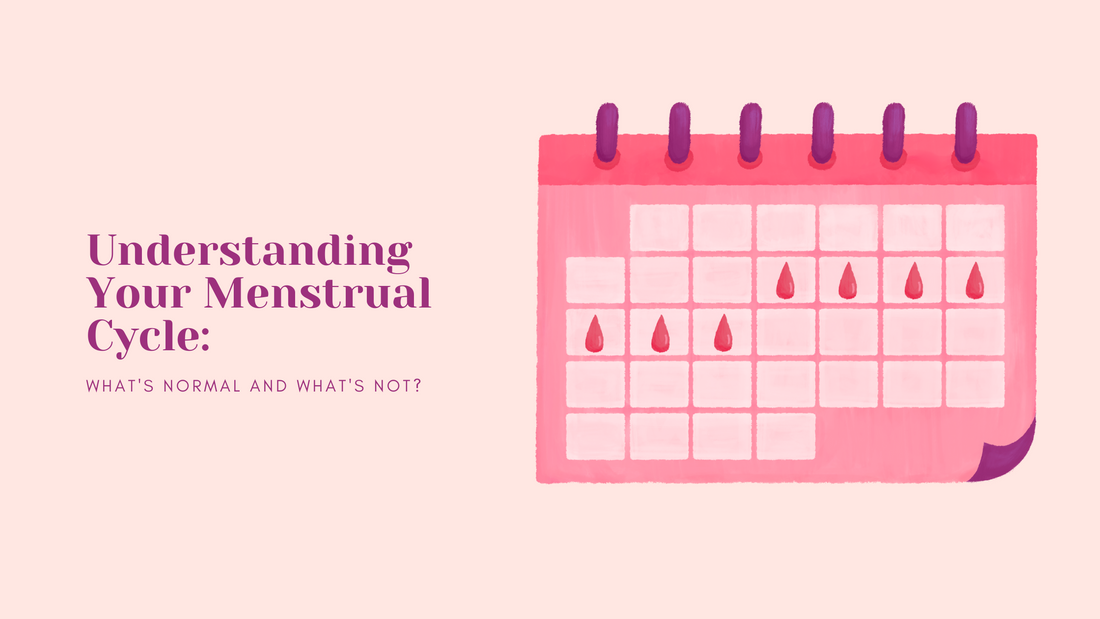Introduction
Every woman's journey with her menstrual cycle is unique. For many, understanding what's normal can be a challenge due to the range of variations. By understanding menstrual cycle variations, you can feel more in sync with your body and detect potential health issues.
Normal Menstrual Cycle: Unpacking the Basics
Understanding the menstrual cycle is crucial as it's not just about having a period. It's a complex series of hormonal events, vital for a woman's health and fertility.
Typical Length: While a 28-day cycle is average, a range of 21-35 days in adults is considered normal. For teens, the range can extend from 21-45 days.
The Importance of Menarche: This pivotal first period usually occurs between ages 12-14. Influenced by genetics, nutrition, and overall health, it marks the beginning of reproductive capability.
Early Periods: Causes and Concerns
When menstruation starts sooner than one's usual cycle, it can be surprising and sometimes concerning.
Stress: Emotional and physical stress can be major disruptors of the menstrual cycle.
Hormonal Imbalances: Conditions like PCOS can make menstrual patterns unpredictable.
Lifestyle Impacts: Significant weight loss or gain, rigorous exercise routines, or even travel can impact your cycle.
If early periods become a consistent pattern or are accompanied by severe symptoms like intense pain or heavy bleeding, consulting a healthcare professional is essential.
The Late Period: Beyond the Pregnancy Test
A missed or late period, while often a sign of pregnancy, can also be influenced by various factors:
Hormonal Changes: Menopause, thyroid imbalances, or PCOS can alter menstrual regularity.
Medical Conditions: Disorders such as diabetes or certain eating disorders can influence your cycle.
Consistent lateness or missing multiple cycles, especially if accompanied by other symptoms, should prompt a visit to a doctor.
Factors That Shake Up Your Cycle
Understanding menstrual cycle irregularities often involves identifying influencing factors:
Diet and Weight: Extreme diets or weight changes can affect your menstrual rhythm.
Exercise: A balanced exercise routine is beneficial, but extreme training can sometimes lead to irregularities.
Medications: Certain medications, particularly hormonal ones, can impact the menstrual cycle's length or regularity.
Seeking Medical Advice: When to Ring the Doc
Knowing when to consult a professional is key:
Persistent and drastic changes in menstrual patterns.
Severe pain, unusual symptoms, or heavy bleeding.
Absence of menstruation for more than three months (without pregnancy).
Optimizing Menstrual Health: Tips and Tricks
Harness lifestyle choices to promote menstrual well-being:
Stress Management: Techniques like meditation can be powerful allies.
Balanced Lifestyle: A mix of a nutritious diet, regular exercise, and quality sleep can be transformative for menstrual health.
Conclusion
It's natural for menstrual cycles to vary among women. While occasional irregularities are common, consistent or drastic changes should prompt a conversation with a healthcare provider. Being in tune with your body and understanding what's normal for you is essential for overall well-being. Remember, your menstrual cycle is a reflection of your health, and understanding it is a step towards holistic self-care.

